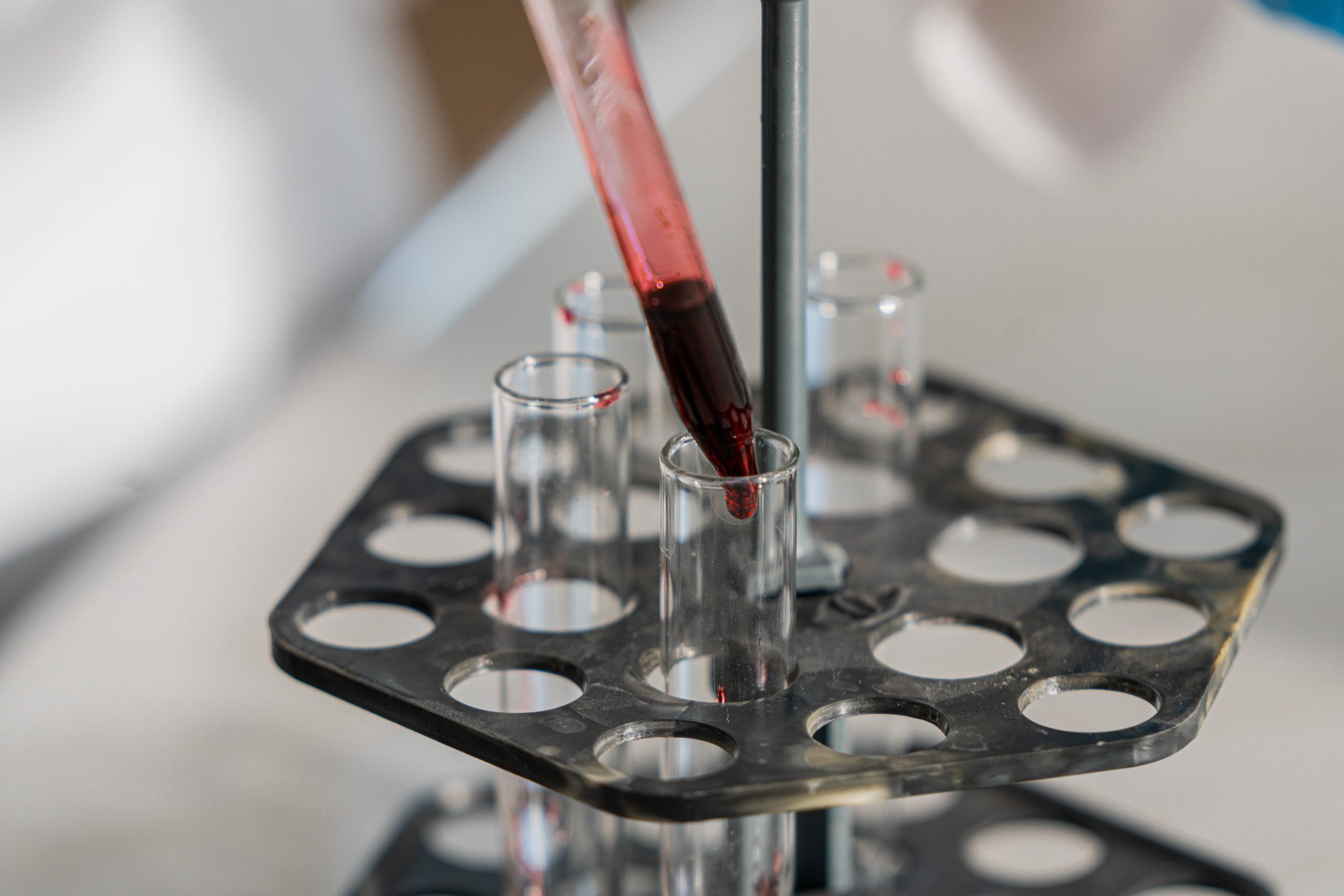
Mycotoxins are toxins produced by certain molds (fungi) and are odorless, invisible, and tasteless. Mycotoxins can cause a variety of adverse health effects and pose a serious health threat to humans. The adverse health effects of mycotoxins range from chronic to acute toxicity to long-term effects such as autoimmunity and cancer.
Mycotoxins can cause diverse and powerful toxic effects. They are:
- Carcinogenic: cause cancer
- Hepatoxic: toxic to the liver
- Immunotoxic: toxic to the immune system
- Dermatoxic: toxic to skin
- Teratogenic: cause fetal abnormalities
- Neurotoxic: toxic to the brain and nervous system
- Estrogenic: cause elevated levels of estrogen
- Hemorrhagic: cause internal bleeding and bruising
- Nephrotoxic: toxic to kidneys
- Mutagenic: cause genetic abnormalities
Testing
Blood tests for mycotoxins have been used for the last 20 years and are highly accurate. The specificity and sensitivity of blood serum testing for the presence of IgG and IgE antibodies to mycotoxins in the blood are very high. We test for IgG and IgE antibodies for 14 mycotoxins for a total of 28 test results. Mycotoxins from:
- Penicillium (mycophenolic acid)
- Alternaria
- Aspergillus (gliotoxin)
- Stachybotrys
- Cladosporium
- Aspergillus auto-toxin
- Aspergillus/Penicillium neurotoxic mycotoxin
- Ochratoxin
- Satratoxin
- T-2 Toxin
- Vomitoxin
- Verrucarin and verrucarol
- Fumonisin
- Zearalenone
